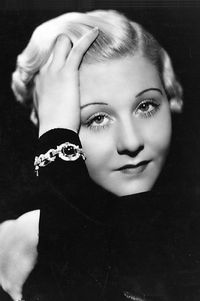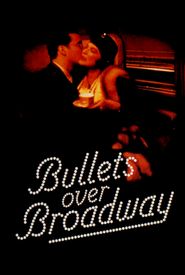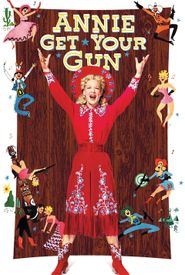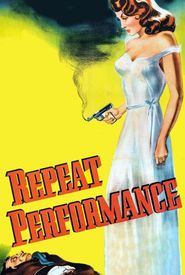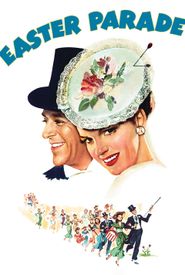Benay Venuta, the radiant and melodic performer, was born on January 27, 1911, as Benvenuta Rose Crooke in the vibrant city of San Francisco, California. Following her attendance at finishing school in Geneva, she made the bold decision to drop out and head to London, where her journey in the world of show business was about to unfold.
Benay's career in show business began as a teenage dancer in 1925, and she later returned to the States a few years later, making her stage debut in "The Big Parade" in 1928. Her early experience included nightclubs and vaudeville, as well as a role in the musical revue "Tip Toes" in 1929. This flashy blonde performer seemed ready for bigger things, and her Broadway career began auspiciously when she replaced the legendary Ethel Merman in Cole Porter's hit musical "Anything Goes" in 1935. Despite being a complete unknown at the time, Benay filled Merman's shoes with great success and went on to become lifelong friends with her.
With her die cast, Benay followed up her success with roles in lesser Broadway musicals such as "Orchids Preferred" in 1937, "Kiss the Boys Goodbye" in 1938, "By Jupiter" in 1942, "Hazel Flagg" in 1953, and "Copper and Brass" in 1957. In between her Broadway appearances, she maintained a steady income by touring and playing summer stock in a mixture of singing and straight-acting roles. Her credits included a wide range of productions, including "Dear Me, the Sky Is Falling," "Little Me," "A Little Night Music," "Bus Stop," "Gypsy," "Come Blow Your Horn," "Auntie Mame," "Light Up the Sky," "Carousel," "Pal Joey," "Come Back, Little Sheba," and "The Prisoner of Second Avenue."
In 1966, Benay performed in the revival of "Annie Get Your Gun" at Lincoln Center, alongside her good friend Ethel Merman, playing the role of Dolly Tate. She had earlier played the same role in the MGM film version of "Annie Get Your Gun" in 1950, starring alongside Betty Hutton as Annie Oakley. As for films, Benay made her debut in "The Trail of '98" in 1928, but appeared erratically thereafter, mostly in supporting roles. Her better-known movies include the "B" film noir programmers "Repeat Performance" in 1947 and "I, Jane Doe" in 1948, as well as the Fox musical "Call Me Mister" in 1951, in which she joined stars Betty Grable, Danny Thomas, and Dan Dailey in the song "Love Is Back in Business."
Benay dropped out of show business, only to return a few times in the 1970s. A thrice-married and divorced woman, her last husband was character actor Fred Clark, but the couple split up in 1962. Benay had two children, Pat and Debbie, via her second marriage to film producer Armand Deutsch. Her artistic tendencies also extended to sculpting and commercial design. Unfortunately, Benay succumbed to lung cancer and passed away at her home in Manhattan, New York City, on September 1, 1995, at the age of 84.
